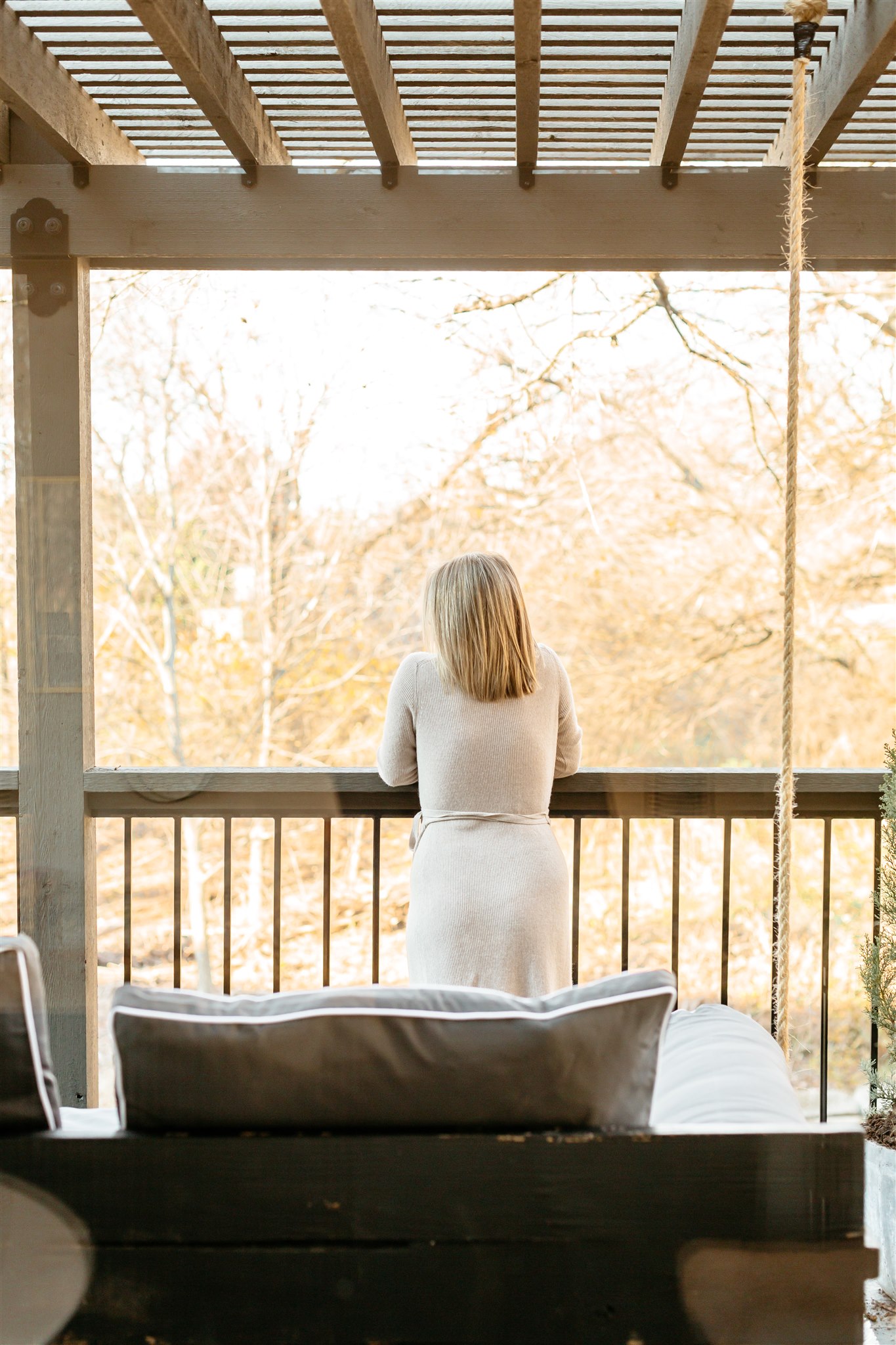
Daylight Savings Fatigue: How to manage less sunlight
November 9, 2023

It’s that time of year again. When the clocks are set back by an hour, the sun sets much earlier, and most of us tend to feel more tired. While it’s intended to make better use of natural daylight, the abrupt time change can disrupt our internal body clocks, leading to what’s commonly known as “Daylight Savings Fatigue.” This fatigue can impact our sleep patterns and overall well-being. Here are a few ways to help transition to shorter daylight hours and improve our quality of sleep.
- Stick to a Consistent Routine: Maintaining a regular sleep schedule, even on weekends, can help regulate your body’s internal clock. Try to go to bed and wake up at the same time each day to establish a healthy sleep routine.
- Prioritize Daylight Exposure: Sunlight is a powerful regulator of our circadian rhythms. Morning sunlight is particularly effective in signaling your body to wake up, so consider going for a walk or sitting on your porch in the early hours to help reset the biological clock, ensuring synchronization with the natural day-night cycle.
- Optimize Your Sleep Environment: Create an ideal sleep environment to help you fall asleep and stay asleep during this transition. Consider the following tips:
- Make your bedroom dark and cool.
- Invest in a comfortable mattress and pillows.
- Reduce noise with earplugs or a white noise machine.
- Limit screen time before bed, as the blue light from electronic devices can disrupt your circadian rhythm. Studies have shown quality of sleep increases when devices are further away from us when sleeping.
- Mind Your Diet and Exercise: Eating heavy meals and engaging in strenuous exercise right before bed can disrupt your sleep. Try to finish eating at least two hours before bedtime and for quality sleep. Regular exercise is great for improving sleep quality, but try to avoid intense workouts close to bedtime.
- Limit Caffeine and Alcohol: Caffeine and alcohol can interfere with your sleep, even if you don’t notice the disruption. Many doctors recommend avoiding caffeine at least 7 hours before your bedtime.
- Relaxation Techniques: Engage in relaxation techniques before bed to help your body unwind. These may include meditation, deep breathing exercises, or a warm bath. Relaxation can prepare your body for restorative sleep.
- Avoid Naps: While a short power nap can be rejuvenating, excessive daytime napping can disrupt your nighttime sleep. If you need to nap, keep it short (20-30 minutes) and earlier in the day.
- Be Patient: It can take a few days for your body to fully adjust to the time change, so be patient with yourself. Recognize that it’s normal to feel a bit off during this period, and focus on maintaining healthy sleep habits.
By gradually adapting your schedule, optimizing your sleep environment, maintaining a consistent routine, and taking care of your physical and mental well-being, you can ensure a smoother transition and continue to enjoy a good night’s sleep and optimize your daylight hours.
accept
We use cookies to improve your browsing experience and ensure the website functions properly. By selecting 'Accept All,' you agree to our use of cookies.
© Tmg XXXX
Brand & Website by Writefully Said
Contact our office:
The Montfort Group is a highly-trained team of professional therapists in Plano, TX providing counseling and support for individuals, couples, teens, and families.
Stay Connected
Schedule Now
